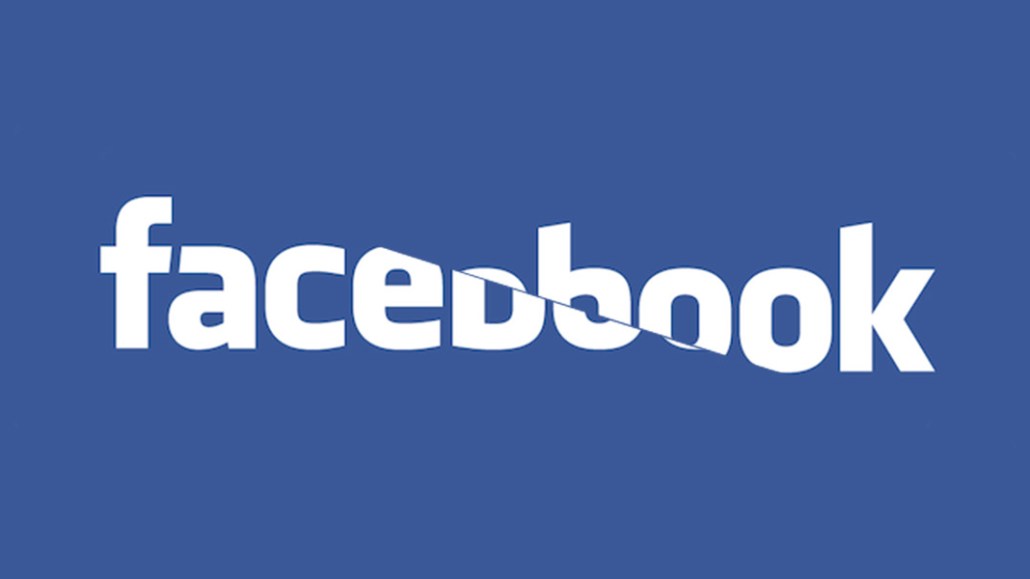Secure your place at the Digiday Media Buying Summit in Nashville, March 2-4
Publishers say Facebook can save Instant Articles with better data, subscription tools

Publishers are making it clear that they’re fed up with Facebook’s Instant Articles and its inability to make them money.
“If IA monetization doesn’t dramatically improve, high quality publishers will continue to pull out,” said Dan Check, vice chairman of Slate, which publishes most of its Facebook articles to Instant. “There’s just no reason for publishers to continue to lose money on IA this far after launch.”
Publishers including The New York Times and The Guardian have pulled out of the fast-loading mobile articles feature. Its critics say that Facebook has to do a better job of helping them monetize and connect directly to their readers. But Facebook can save IA by improving its subscription products, giving publishers more control over their inventory and providing more user data.
Instant Articles load faster than old-fashioned Facebook links that take users back to the publisher’s website. But IA keeps users within Facebook’s app, where they are harder for publishers to monetize.
Facebook claims that an IA link is 20 percent to 50 percent more likely to be clicked than the equivalent mobile link. But even if IA brings in more readers it can be tough to monetize them because publishers have less control over the formats and frequency of ads in its articles. And at a time when publishers are looking harder at subscription models, some are disappointed in the platform’s call-to-action units — which let publishers serve messages in IA inviting people to sign up for a newsletter or like their Facebook pages — and trial subscription signups.
Facebook declined an interview request for this story, but a spokesperson sent over a statement that said that since the beginning of the year, the number of pubs using IA has increased by 27 percent to over 9,000.
A more robust subscription product in IA or revenue guarantees per page view to publishers could win over publishers, Check said.
“The current subscription offering doesn’t integrate well with existing subscription platforms and payments,” he said. “It is basically a two-step process where someone signals their openness to a subscription and you are left to collect credit card info. But on mobile what you really want is integrated payment. Getting them to subscribe later by email doesn’t fundamentally make sense.”
Another former Instant Articles publisher said IA would be more attractive if it let publishers sell their own IA inventory programmatically rather than making publishers rely on its Audience Network, which is inefficient for publishers.
“Facebook hasn’t designed their ad products to really let publishers sell their own inventory, and it’ll be months, if not years, if not never, when this is truly supported,” said the publisher, who, like many publishers, wouldn’t speak publicly for fear of retribution by Facebook. “Which makes sense because of their own self-interest. If you’re them, why open this up until you have to?”
Data is another gripe. Publishers can get data on emails and likes, but they’re limited in how they can track and learn about their IA readers.
“For our owned and operated [website] we use lots of analytics tracking to understand how our audience is interacting with the page,” said Justin Festa, evp of digital at LittleThings, which publishes about 20 percent of its content to Instant. “We don’t have the same capabilities within IA.”
Another publishing exec requesting anonymity theorized that Facebook doesn’t want to let publishers know more about who its IA users are because doing so would let pubs re-engage with those users outside of the Facebook ecosystem.
“Facebook doesn’t want pubs to create and capture value within Facebook that they can take elsewhere,” the exec said. “As a result, pubs never really own any of their Facebook data — they just have access to view limited portions of it mediated by Facebook’s rules and self-interest.”
The exec was doubtful that Facebook would open its data to the publishers whose content it relies on.
“But it definitely helps that this is a public flop,” the exec added.
More in Media

From feeds to streets: How mega influencer Haley Baylee is diversifying beyond platform algorithms
Kalil is partnering with LinkNYC to take her social media content into the real world and the streets of NYC.

‘A brand trip’: How the creator economy showed up at this year’s Super Bowl
Super Bowl 2026 had more on-the-ground brand activations and creator participation than ever, showcasing how it’s become a massive IRL moment for the creator economy.

Media Briefing: Turning scraped content into paid assets — Amazon and Microsoft build AI marketplaces
Amazon plans an AI content marketplace to join Microsoft’s efforts and pay publishers — but it relies on AI com stop scraping for free.








